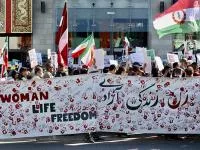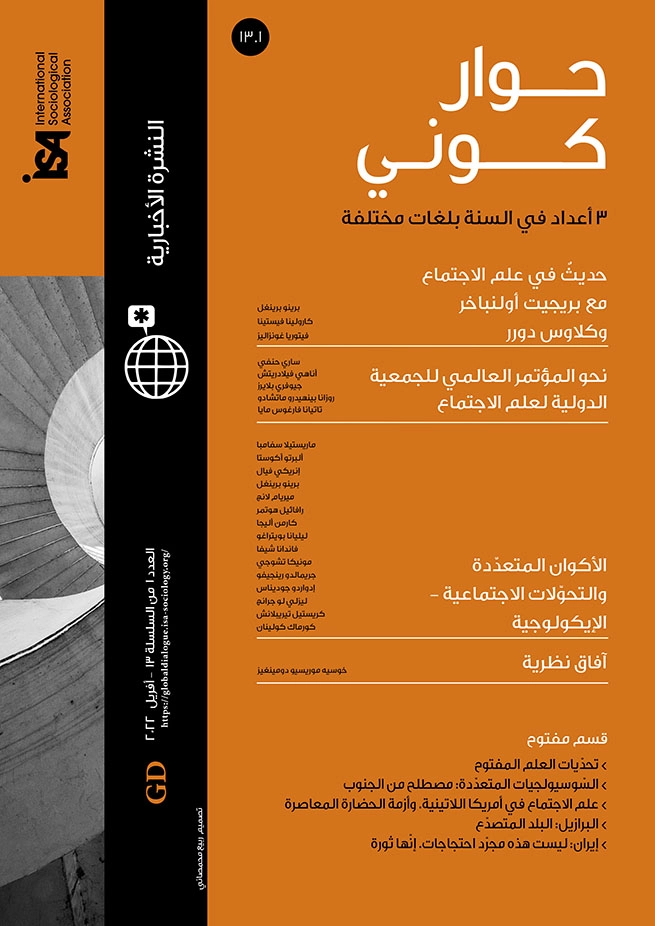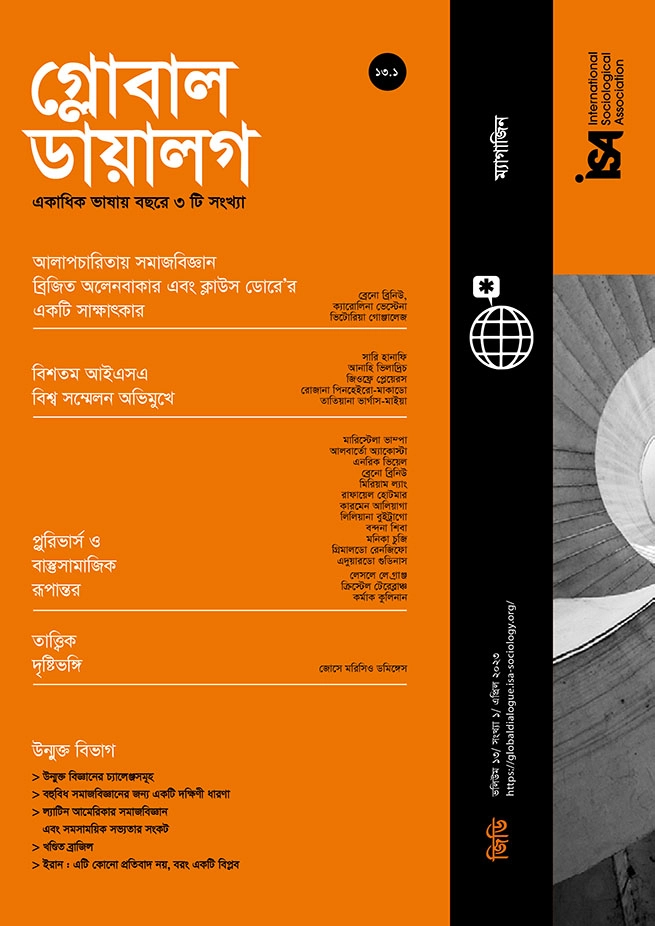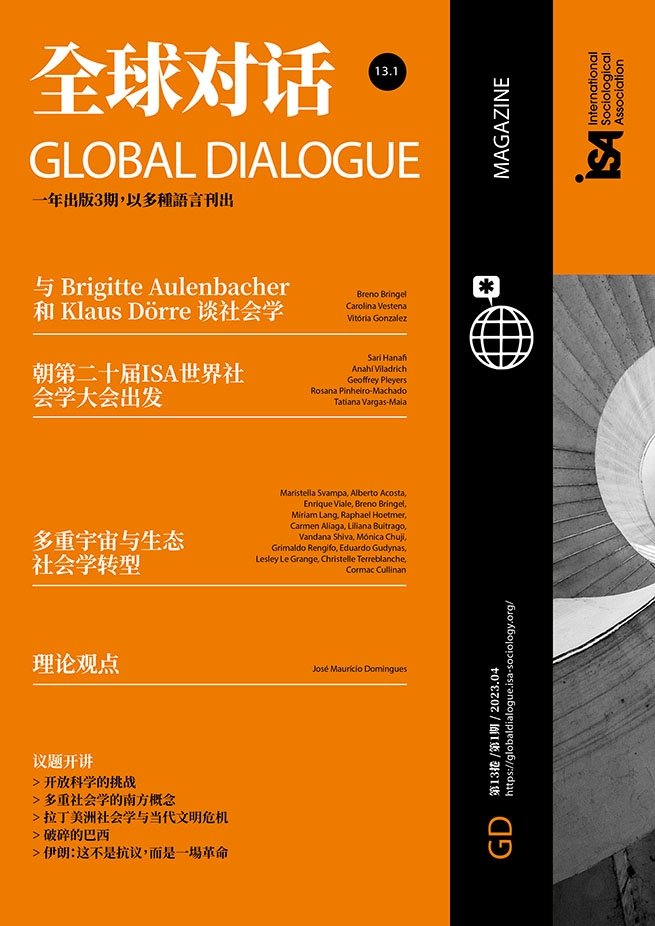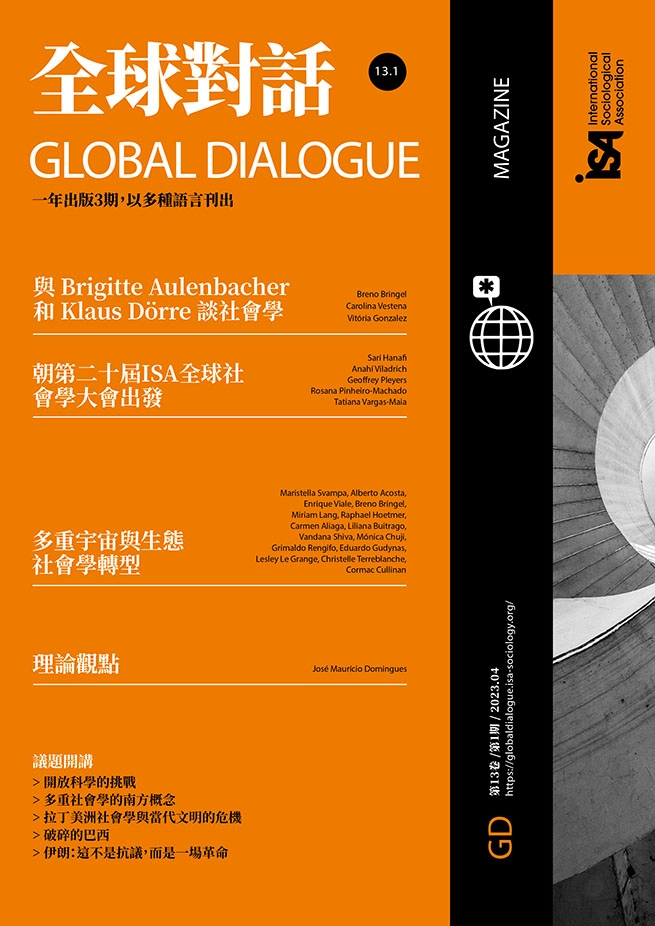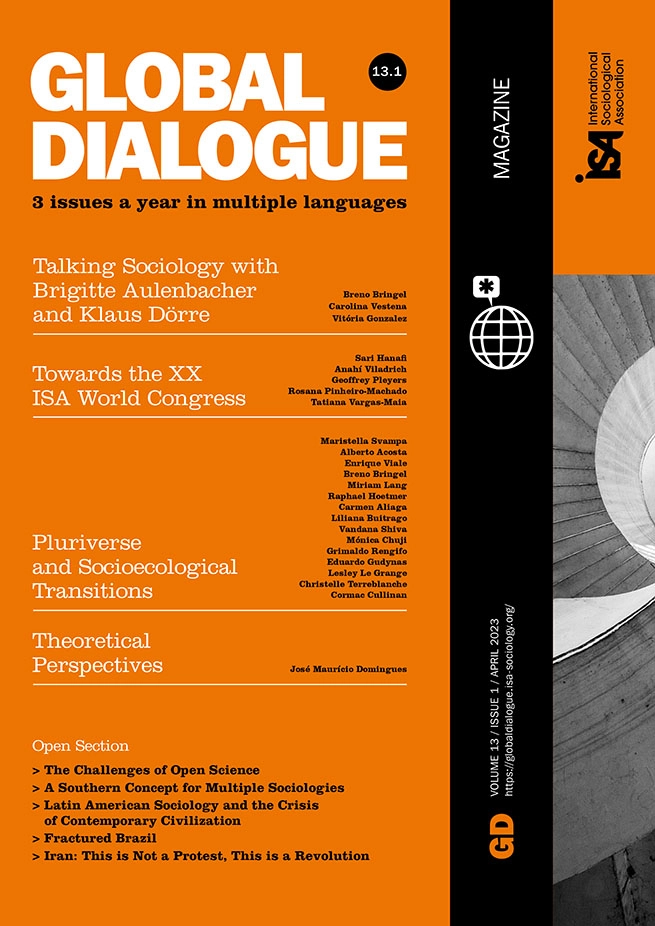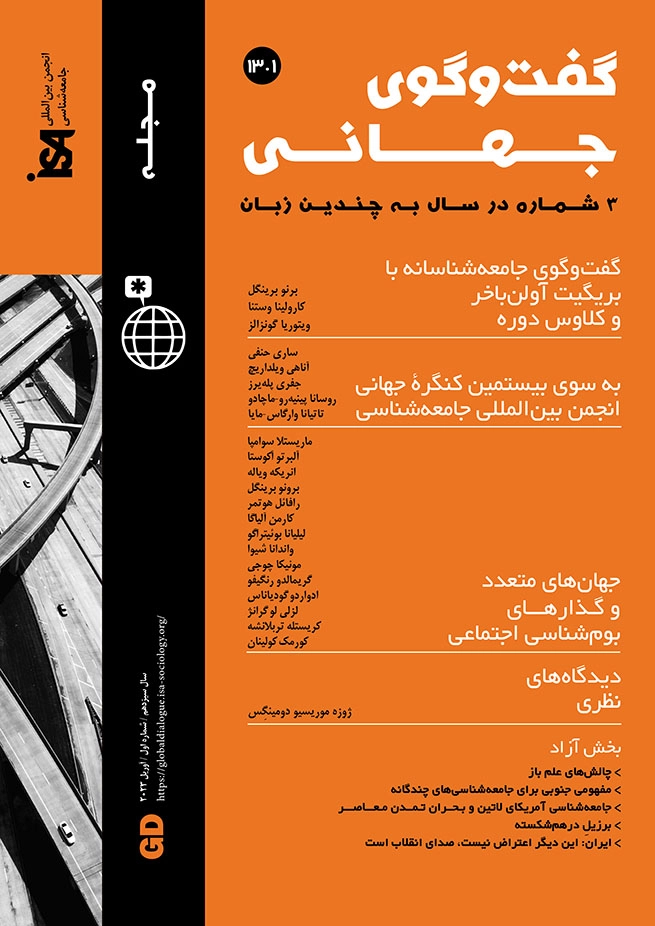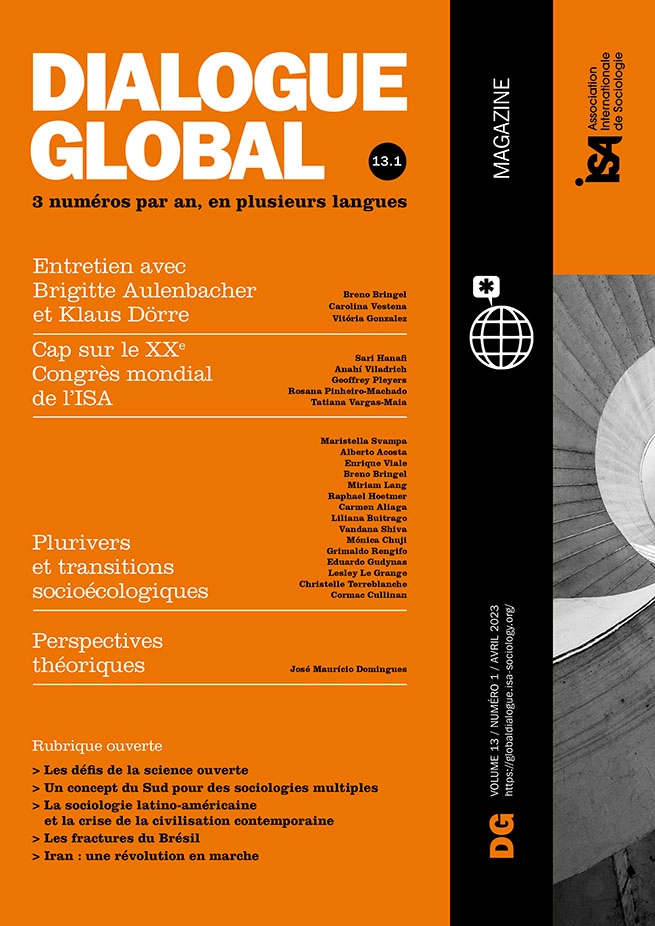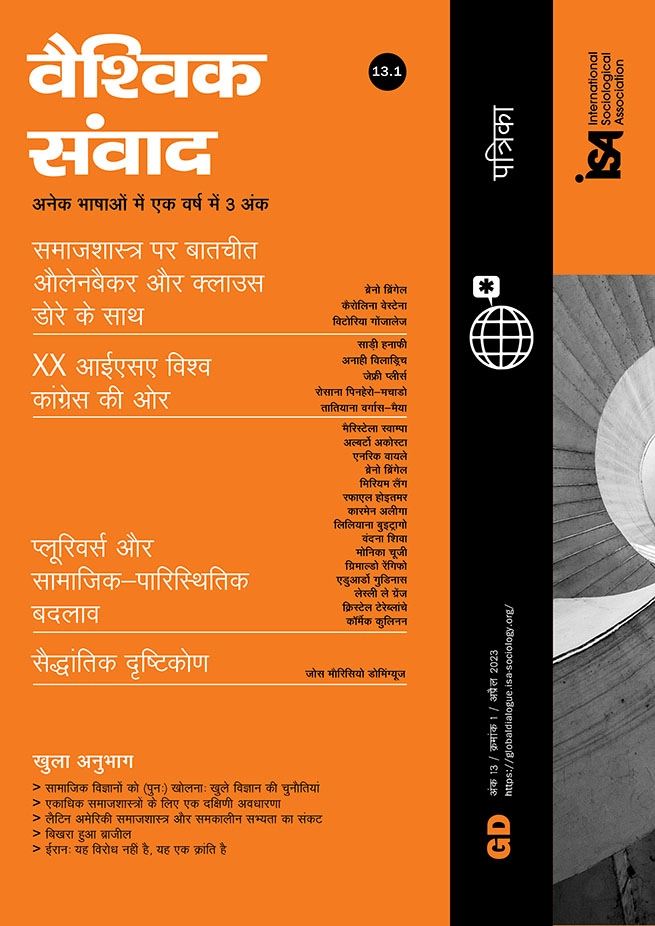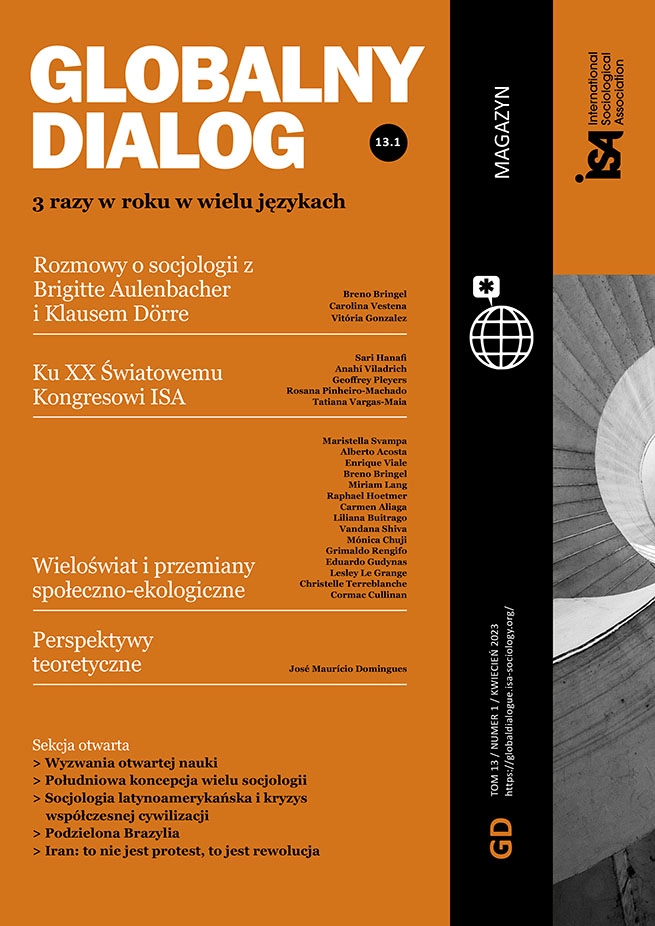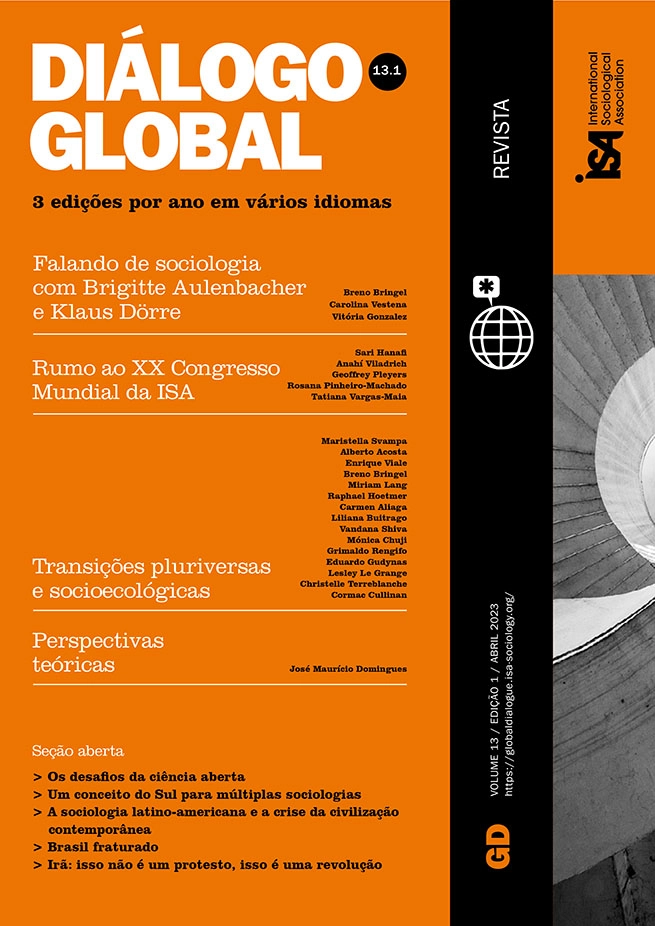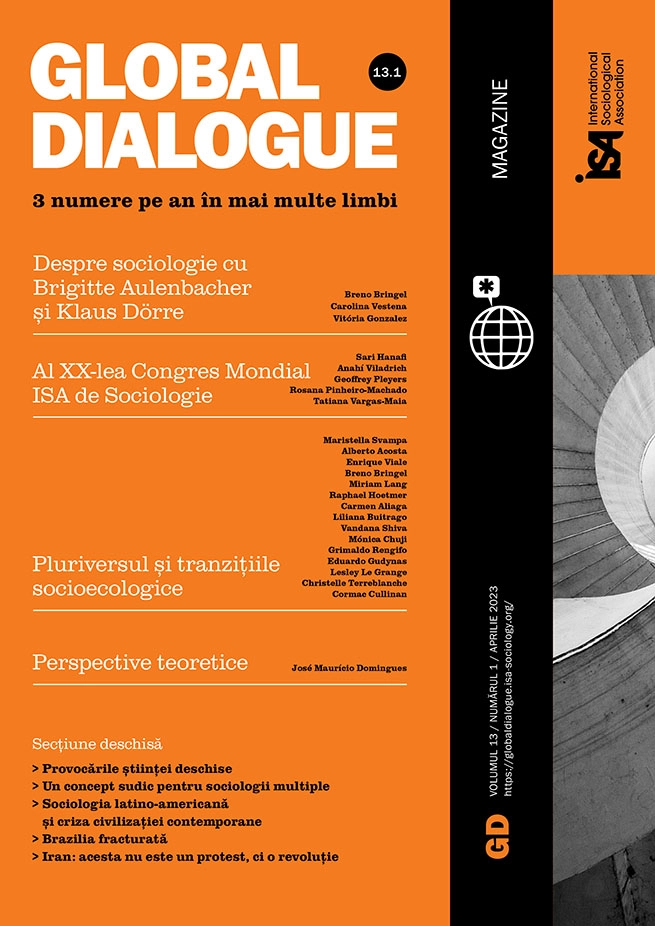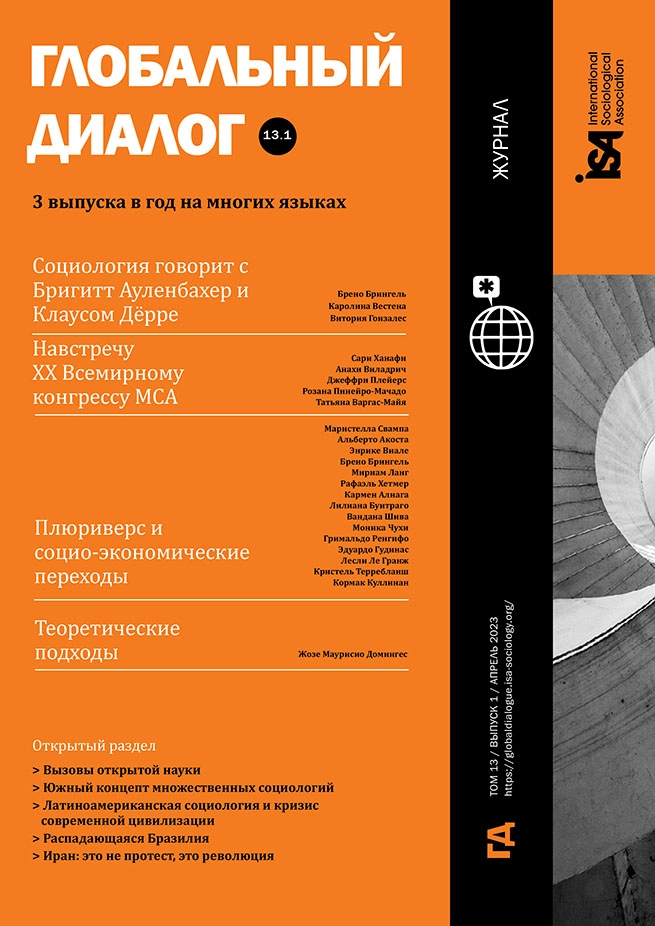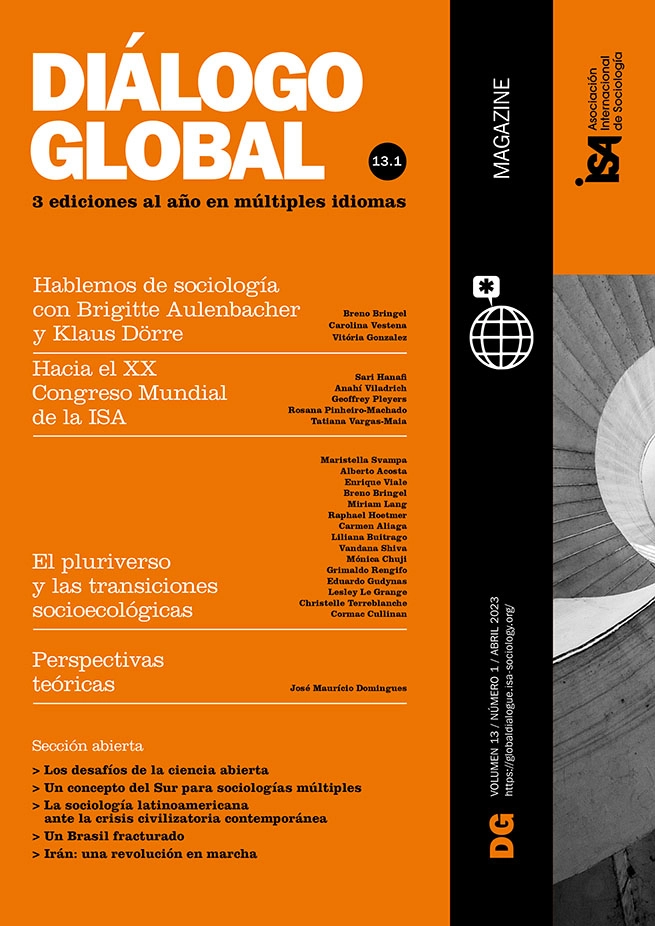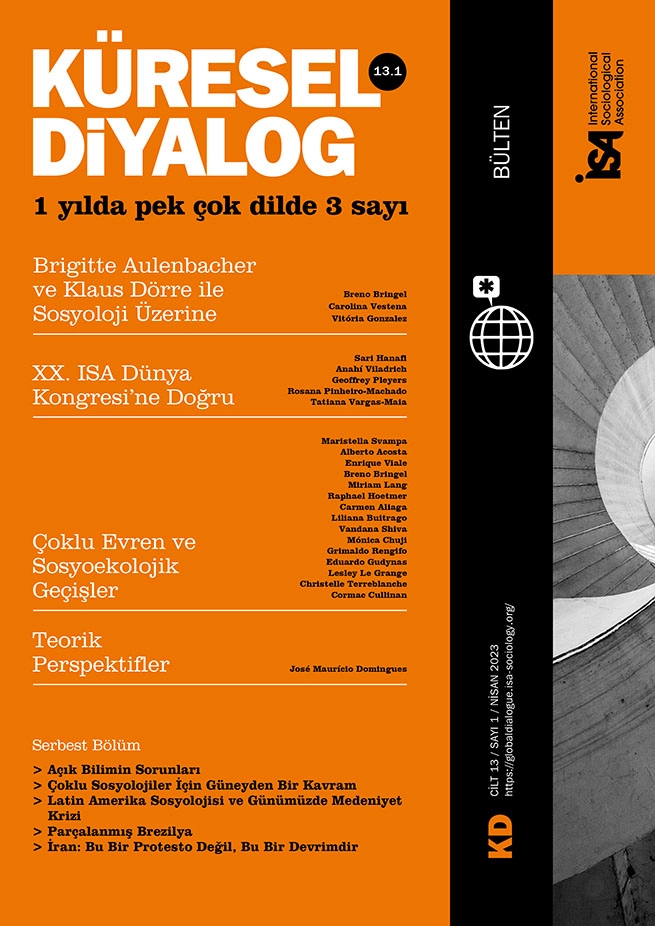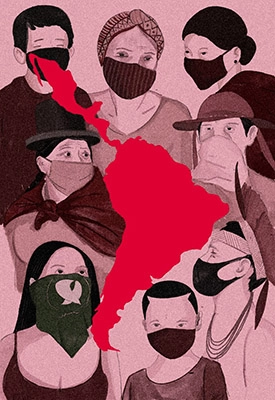In the context of the current global chaos, Latin America and the Caribbean are experiencing tension between the advancement of the dominant sectors’ project for society and its internal allies on the one hand and, on the other, the demands of broad strata of the population whose lives are hanging by a thread. Capitalism is entering a new phase of accumulation based on renewed forms of incorporation of peripheral societies into the global market. The rapid incorporation of technological advances into everyday life and production methods is playing an important role in this. For our peripheral societies, this implies the destruction of internal markets as they fracture between a modern globalized sector and large majorities reduced to functional consumers of the system (whose economic activities are located in traditional forms of production that still exist, in informal jobs or as low-level labor in the modern sector).
We are also facing a historical moment of deep civilizational and systemic crisis in which the climate and environmental emergency, setbacks for democracy and rights, the militarization of territories, and the food, energy, migration, and ethical-political crises stand out. Decades of neoliberalism have dismantled public services, and the doctrine has also strongly impregnated individual and collective consciences and subjectivities beyond the economy. At the same time, our societies are increasingly torn apart by profound inequalities that have become even more pronounced since the COVID-19 pandemic.
Latin America at a new historic crossroads
In this scenario, our region finds itself at the crossroads between a social, economic and political project that forms part of the new pattern of accumulation and the need to build new sociopolitical projects that attempt to rise to the current challenges of our times. On the one hand, global geopolitical reconfigurations, the weakening of the dominance of the United States and the emergence of other poles of influence – especially China – lead to new pressures in our region in the dispute for global hegemony. On the other hand, indignation has emerged, and vigorous political and social movements that aspire to a different kind of society have been strengthened, with growing centrality of feminism, environmentalism, youth interests, anti-racism, and the agendas of indigenous peoples and communities. In this way, new possibilities and policies of eco-social transition based on concrete utopias are being shaped in protests and daily disputes in the territories.
However, the battle between these antagonistic forces is a mismatch. Even in those countries where the popular option has managed to advance more significantly, even reaching national governments, the project of power remains hegemonic. This can be seen in socioeconomic and cultural processes, which continue to be guided by capitalist patterns and neoliberal ideology, even though their results have proved that they are a failure, condemning humanity to catastrophe. This sets limits and imposes challenges on popular political forces, which have gained strength amid overinflated hopes. They are therefore caught in the crossfire between the forces that are not prepared to see their hegemony diminished and the sectors that support them but are often frustrated at not seeing their expectations realized.
The role of contemporary Latin American sociology
It follows from the above that we are at an unprecedented stage where the fate of most of the population of our region is at stake. It is in the very nature of sociology to characterize this process, to study its consequences, to envisage its future evolution and to elaborate proposals. Since the situation is unprecedented, Latin American sociology should undertake an epistemological, theoretical, methodological, and technical effort with urgency and vigor. This is what Latin American sociology has done throughout its history. We should recall, for example, the innovations that marked the transition from a fruitful essayist style to so-called scientific sociology, the overcoming of the latter by committed sociology and action research, the questioning of developmental theory by dependency theory and political ecology, the epistemic innovations of feminist theories, or the Latin American-style proposal for the interpretation of social movements that challenged the hegemonic theories of the Western world. Each of these innovations, which we could call re-foundations, responded to societal changes.
At this point, it is necessary to identify the practical and theoretical changes that sociology needs to analyze, and to understand the complex global and regional system. We must ask whether there is a need to reorganize ALAS working groups and the thematic prioritization of our core debates to contemplate complex problems concerning the climate, poverty, development models, social movements, cultural and identity transformations or the colonial question.
The profound change in Latin American and Caribbean society that has been briefly outlined in this document encourages Latin American sociology to rejuvenate itself while simultaneously rescuing all our critical legacy that, in many ways, has accompanied the seventy years of ALAS. We need to innovate in our views and approaches to perform the task of understanding in order to transform. We must also vigorously defend sociology, the public university and the sociologists of our region and the world who have suffered threats and reprisals, imprisonment and even murder. We stand in solidarity with all of them and call for joint and internationalist action to strengthen our discipline and its transformative vocation.
This declaration avoids references to countries or the mention of names of the authors, with only one exception: Pablo González Casanova, the great Mexican sociologist and former president of ALAS, to whom this Assembly pays tribute, on the occasion of his 100th birthday, for his exemplary life as a sociologist committed to the most worthy causes. May his career and work serve as an example to the present and future generations of Latin America and the Caribbean.
Mexico City, August 19, 2022
Declaration of the General Assembly
Latin American Sociological Association (ALAS)
XXXIII Latin American Congress of Sociology


